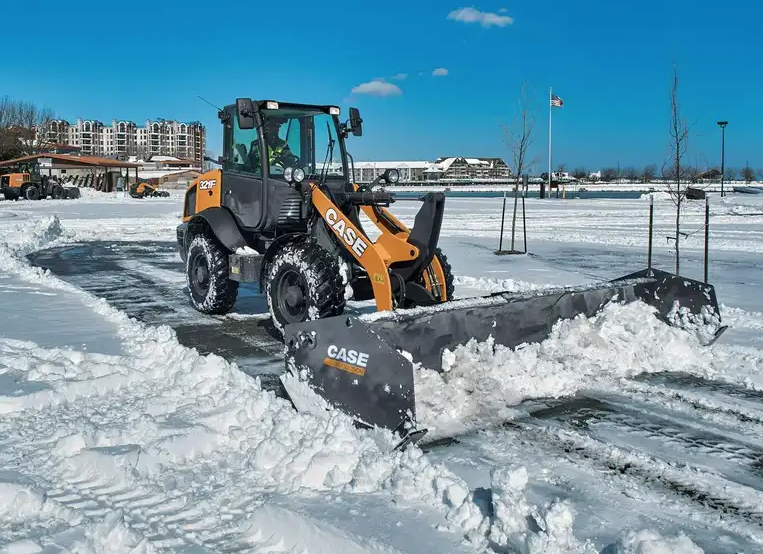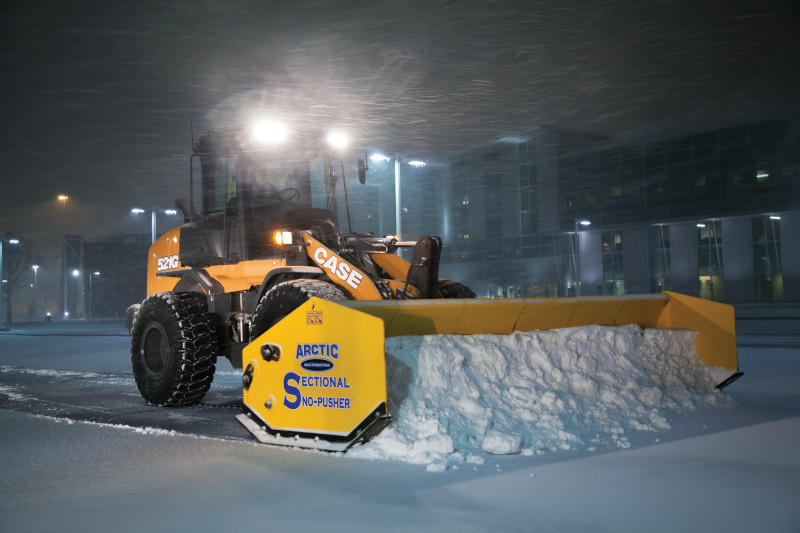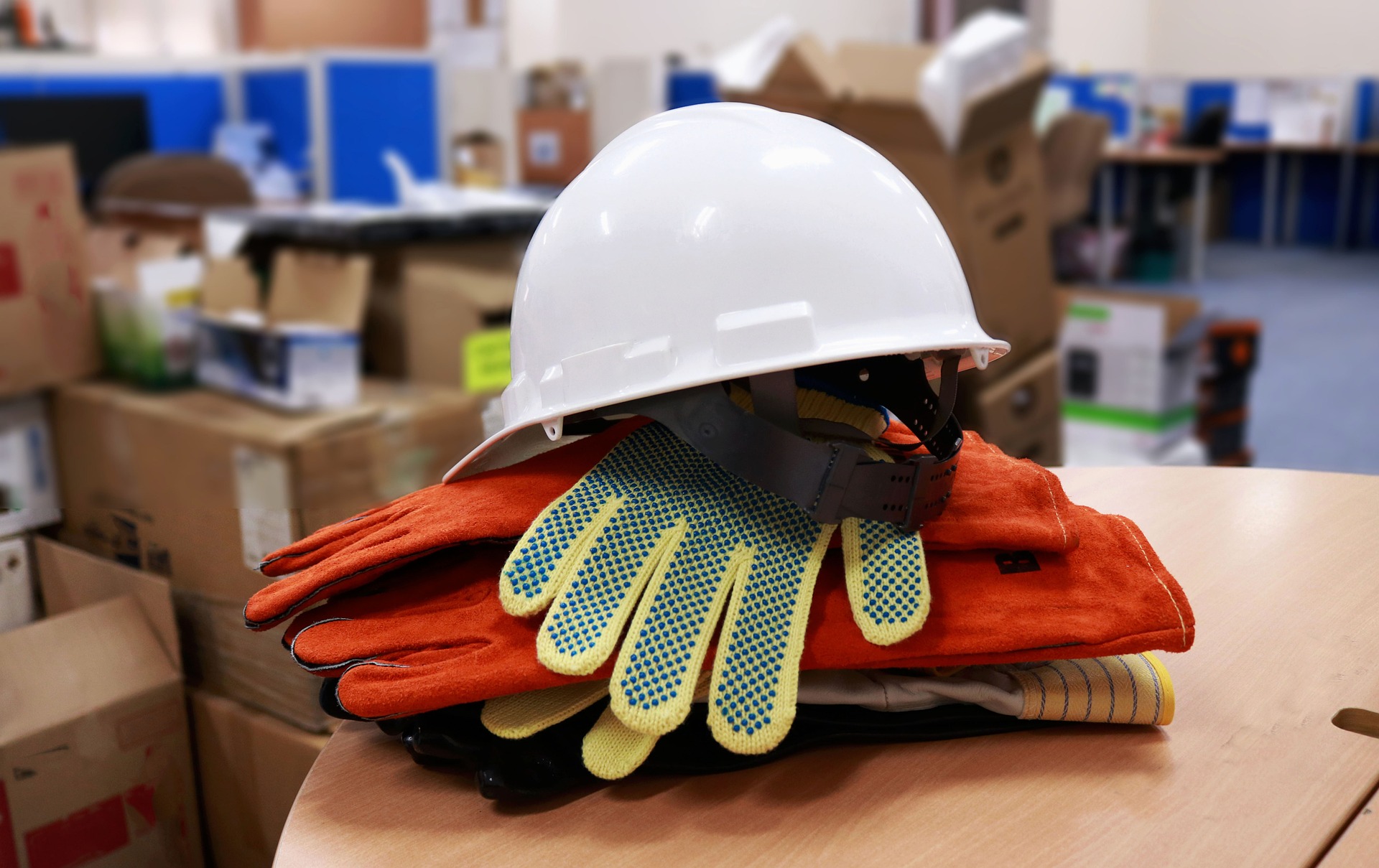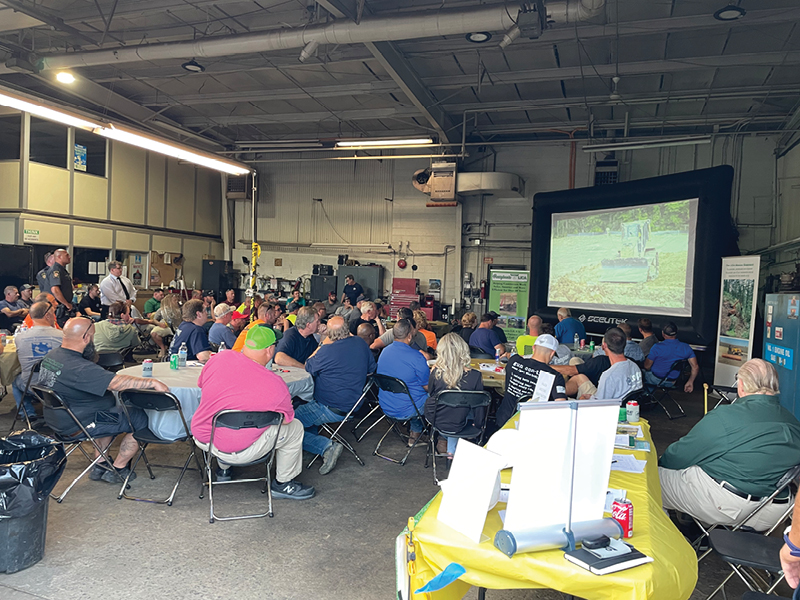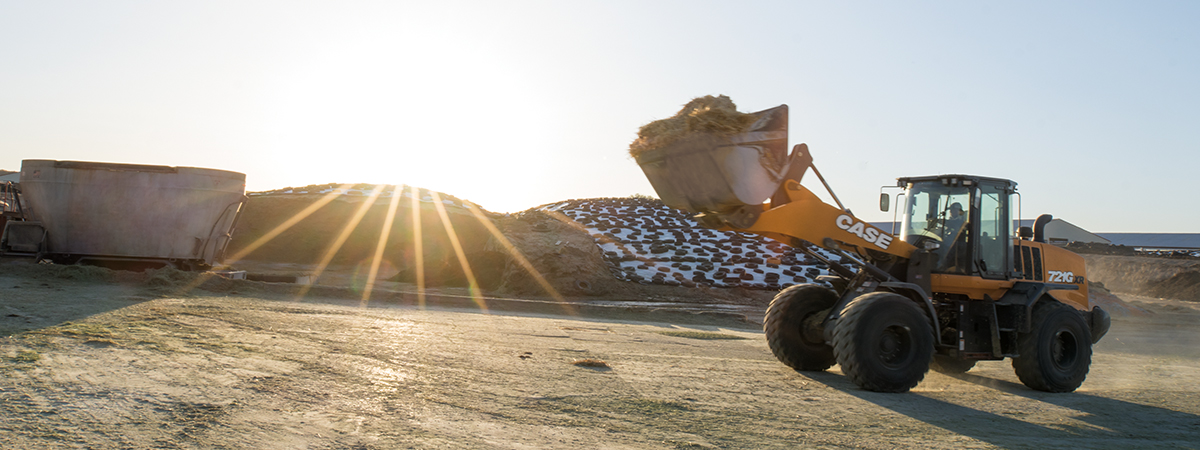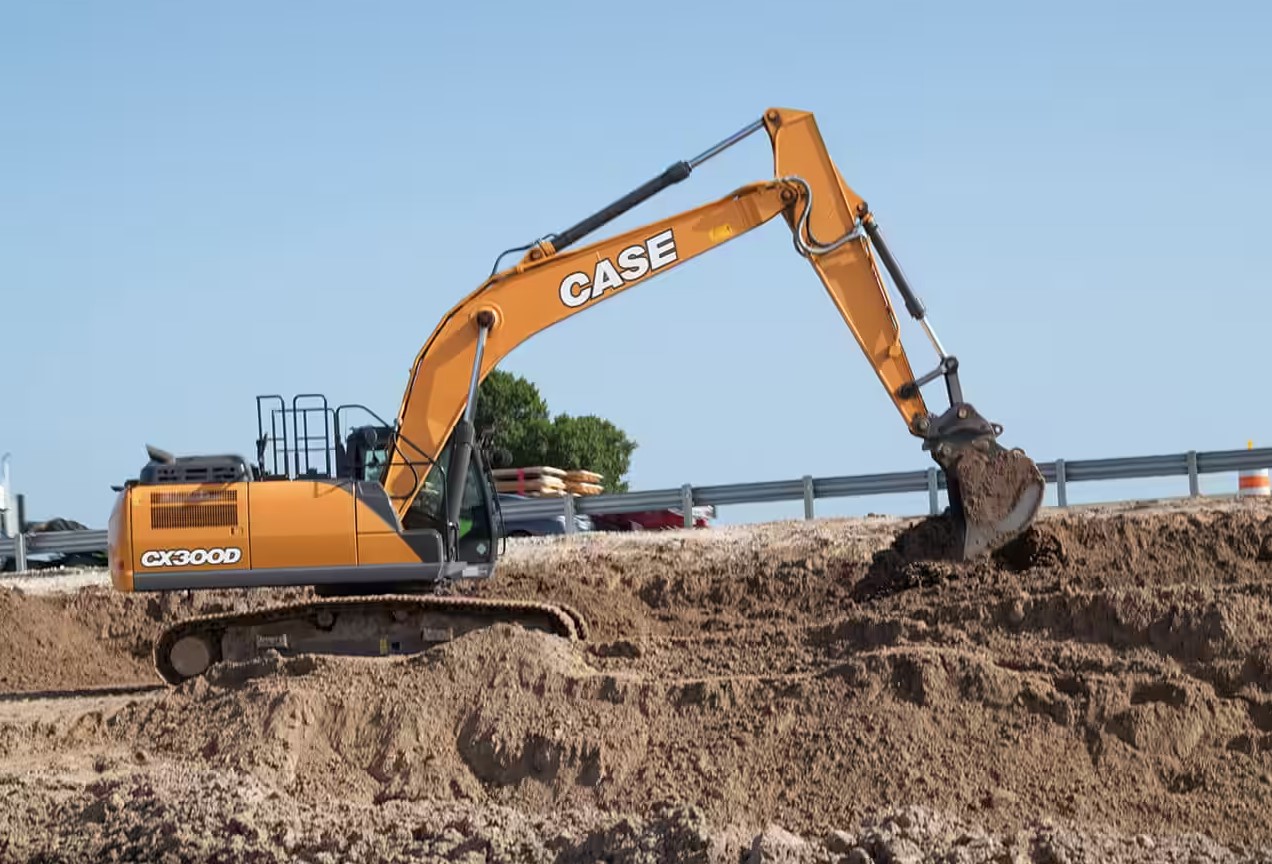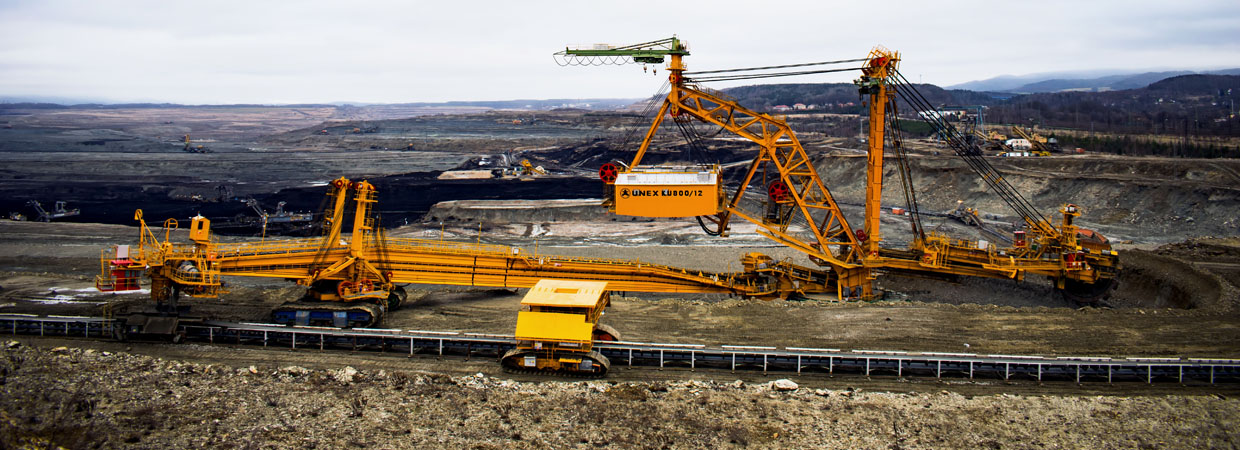Blog
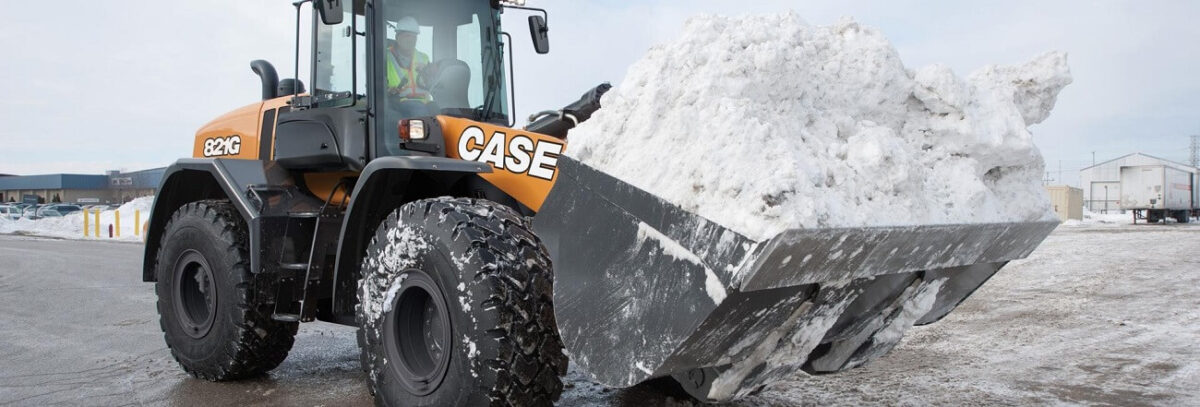
What Should Tire Pressure Be in Winter?
November 24, 2020When temperatures decrease, tire pressure can drop. It’s reported that with every 10-degree drop in temps, your tire pressure drops 1 pound per square inch (1 PSI).
Yet low tire pressure may require your heavy equipment to use more fuel to get the job done. It can also cause more wear on your tires. So what should tire pressure be in winter?
30 to 35 PSI is generally recommended as the ideal tire pressure for winter temperatures, but the exact recommended pressure varies depending on the type of vehicle and how low the temperature drops.
Ultimately, it’s important to check your vehicle’s owner’s manual and go with the recommended tire pressure provided. Some tires will have ideal PSI listed on the tire sidewalls. Your machine’s recommended tire pressure might also be listed on a sticker inside the driver’s door.
Dropping temperatures might cause a heavy load to need a higher PSI but start with the recommended PSI. Measure the pressure while your tires are cold. Inflate them to that recommended PSI.
Don’t depend on a visual inspection. Use a tire pressure gauge to measure the tire inflation on your heavy equipment to be certain it is sufficient.
Tire Pressure Variations in Winter
The recommended tire pressure for a car is typically between 30 and 35 PSI. For a four-wheel-drive truck, 35 PSI is the norm. Skid steer tire pressure specifications range from 45-60 PSI. Again, check the manufacturer’s manual for optimal tire pressure.
The following table shows variations of tire pressure in cold temperatures:
| Pressure at 68 °F | 30 psi | 40 psi | 60 psi |
| Pressure at 32 °F | 26.9 psi | 36.3 psi | 54.9 psi |
| Pressure at 14 °F | 25.4 psi | 34.4 psi | 52.4 psi |
| Pressure at -4 °F | 23.9 psi | 32.5 psi | 49.8 psi |
Check your equipment’s tire pressure at least weekly during the winter months. Refer to the manufacturer’s manual for recommendations regarding seasonal changes and optimal tire psi.
Should You Overinflate Your Tires in Winter?
Exceeding the manufacturer’s recommended tire pressure may impact your equipment’s performance and cause premature wear on its tires.
Pneumatic tires, the most used on skid steers, need to be inflated to the proper pressure to function the way they were designed to perform. If at any time you notice your tires sagging after a dip in temperature, measure the PSI of the tires and fill them to capacity.
Underinflating the tire pressure can cause damaging heat and friction on your tires and can cause rubber-compound failure.
Avoid Getting Stuck in Snow
Consider switching the standard tires on wheeled power equipment to snow tires to optimize its performance, especially if you’re using it on pavement or for snow removal.
For best performance and to reduce the risk of damaging your equipment, all tires should be switched (not just two), be the same size and brand, and have the same type of tread.
How Do I Check Tire Pressure?
Check the tire pressure on your equipment before you put the machine in operation.
Find a gauge that is designed to measure your type of machinery and adequate PSI range. A gauge with a backlit display will make it easy to check your equipment’s tire pressure at dawn when visibility is low.
Don’t forget to replace the valve caps after checking tire pressure!
Digital gauges are ideal (rather than pen or dial) since they’re easier to use and many come backlit with LED lighting. If you’re starting your shift at dusk, that lighting comes in handy.
There are tire pressure sensor systems available that can be used on different types of heavy-duty vehicles, from F150 trucks to large skid steers. Check the literature that comes with these tool kits to ensure one can be used on your machine and still provide you with sufficient tire pressure data.
Power Equipment Sales Support & Service
Eagle Power & Equipment has factory-trained technicians on staff to help you, as well as access to engineers and the factory. We offer on-site field repair and, specifically, tire repair so we encourage you to stop by or call to learn more about our services and repairs.
